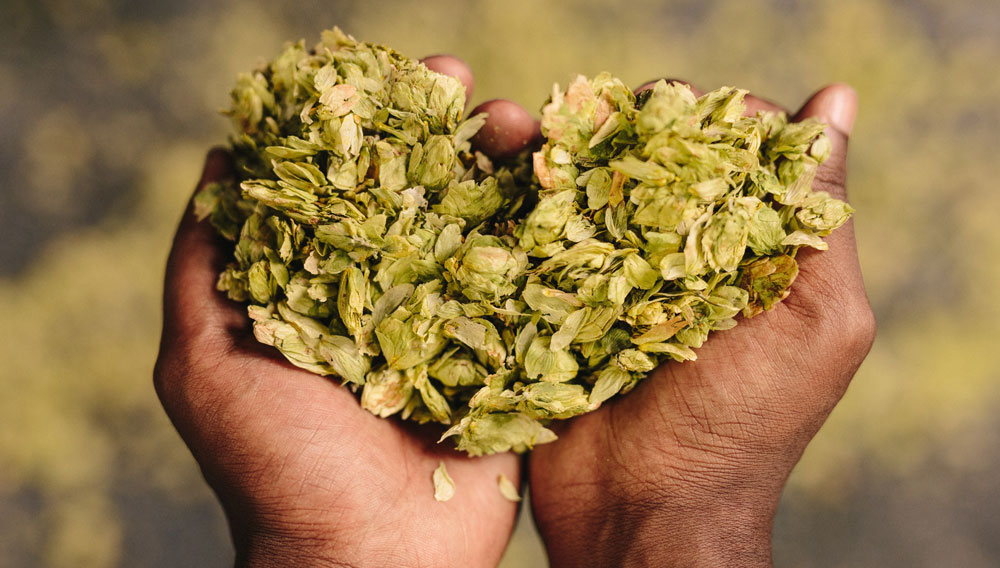Impact of Permeation of O2 and CO2 on the Growth Behaviour of Saccharomyces diastaticus in Beer
Different bottle types had been tested on their permeation characteristics (including oxygen ingress and carbonation retention) and the microbiological stability of the bottled beer. The microbiological stability was assessed by measuring the turbidity and the concentration of colony forming units (CFU). Measurement of the CO2 content and the turbidity was done in beer; evaluation of the oxygen ingress had to be done in especially prepared distilled water since beer itself is oxygen-consuming. In case of microbiological growth the colonies were checked with macroscopic and microscopic methods for exclusion of unwanted microorganisms leading to an erroneous positive result.
The results of the study showed the combined influence of oxygen uptake and loss of carbon dioxide on the microbiological stability of beer. With the help of oxygen consuming and passive barrier materials the turbidity in the test beer with and without inoculated microorganisms could be kept at a lower level. Especially the inoculation with Saccharomyces diastaticus showed increasing turbidity and concentrations of colony forming units over time. For contamination with Saccharomyces diastaticus glass bottles and plastic bottles with combined passive gas and oxygen quenching barrier enhancement showed significantly lower turbidity and concentrations of colony forming units than the other tested bottle formulations.
BrewingScience - Monatsschrift für Brauwissenschaft, 64 (May/June 2011), pp. 52-60
Keywords
PET oxygen microbiological stability permeation turbidity
Source
BrewingScience – Monatsschrift für Brauwissenschaft
Downloads
- Impact of Permeation of O2 and CO2 on the Growth Behaviour of Saccharomyces dias


